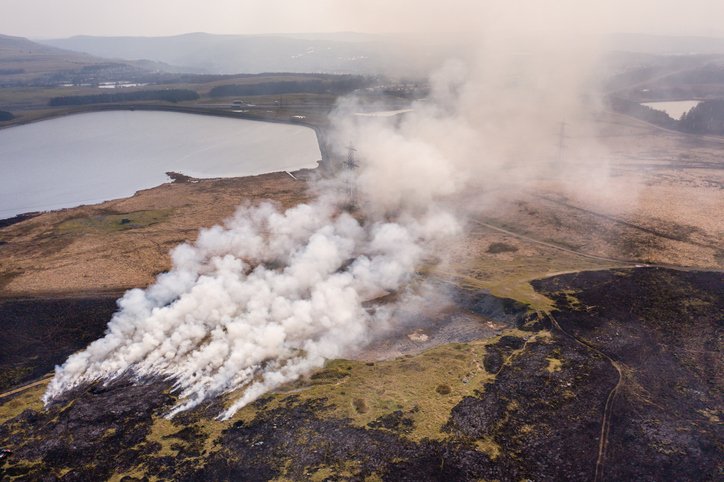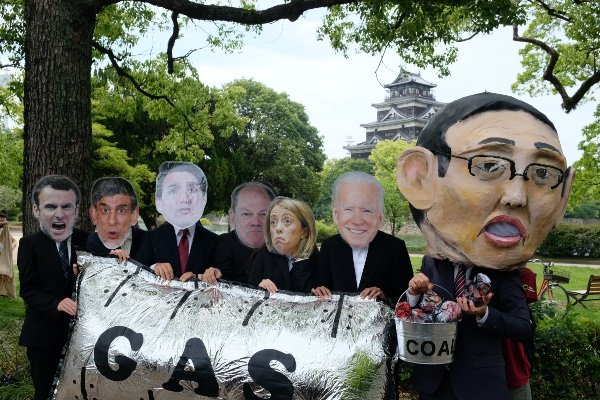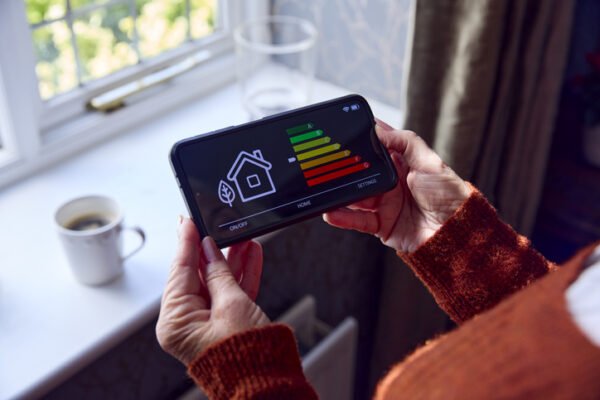Sending mixed signals
The UK has sent confusing signals on its climate priorities to the global community.
Support for new oil and gas, beyond the immediate increase in gas production demanded by the Ukraine invasion, and the decision to consent a new coal mine in Cumbria have raised global attention and undermined the careful language negotiated by the UK COP26 Presidency in the Glasgow Climate Pact.
Support is lacking for decarbonised industry in a new era of global competition. Government has high ambitions for decarbonised steel production but has no clear policy to deliver it.
Wider incentives are still needed for electrification of industry. The recent announcement of up to £20 billion funding for carbon capture and storage is welcome, but detail and implementation of these spending plans is still to come.
Rapid reform to planning is necessary. In a range of areas, the deployment of essential upgrades to the electricity grid and other Net Zero infrastructure is being stymied by restrictive planning rules.
The planning system should have an overarching requirement to ensure planning decisions give full regard to Net Zero.
Changing use of land takes time. Essential reforms have progressed, through the new Environmental Land Management policy, but Defra must step up rates of tree planting and peatland restoration and introduce a new framework for land use change.
The government does not expect to make a strategic decision on the role of hydrogen in heating until 2026. It must overcome this uncertainty by accelerating deployment of electric heating and pressing ahead with low-regret energy infrastructure decisions.
The list of UK airports proposing to expand capacity continues to grow, counter to the Committee’s advice that there should be no net airport expansion across the UK.
A UK-wide capacity management framework is needed to manage these decisions. No airport expansions should proceed until this is in place.
Real-word indicators of progress
Last year the Committee introduced a new indicator framework, focused on real-world changes. It shows that progress is off-track in a number of areas:
Surface transport: Sales of new electric cars continue to grow ahead of the CCC’s pathway, but electric van sales are still lagging and remain significantly off track.
Electricity supply: Renewable electricity capacity increased in 2022, but not at the rate required to meet the government’s stretching targets, particularly for solar.
An opportunity was missed for even more rapid deployment of onshore wind and solar, which could have grown the UK’s clean energy supply and helped to further reduce the UK’s dependence on imported fossil gas.
Buildings: The government proposes to scale-up the market for heat pump installations to 600,000 by 2028, but current rates are around one-ninth of this. Installation rates of energy efficiency measures fell further in 2022.
Rebalancing electricity prices vs gas: As part of a major package of consumer energy support, the Treasury has removed policy costs from electricity bills, moving electricity prices closer to gas prices.
This will aid the consumer incentives to adopt electrified technologies and should be made permanent.
Land use: Rates of tree planting must double by 2025 to reach the government’s target of 30,000 hectares per year of woodland creation.
Peatland restoration rates increased slightly in 2022 but remain a factor of five lower than the Committee’s recommended rates.
Agriculture: Ruminant livestock numbers, a key determinant of agriculture emissions, have declined slowly in number.
Reported meat consumption has also fallen, but data on meat availability shows a less clear picture; further policy intervention to shift towards healthier low-carbon diets is likely to be required.
Industry: Industrial emissions are the third highest among the sectors.
Measuring progress suffers from enduring poor availability of data, but it is off track for most available indicators.
There is still no clear plan to support industrial electrification and little evidence that industry is preparing to electrify at scale.
 Play Video about This Rock Might Just Save The World
Play Video about This Rock Might Just Save The World Play Video about Play 2 hours of rock
Play Video about Play 2 hours of rock Play Video about Play 2 hours of brook
Play Video about Play 2 hours of brook Play Video about Play 2 hours of sheep
Play Video about Play 2 hours of sheep















































